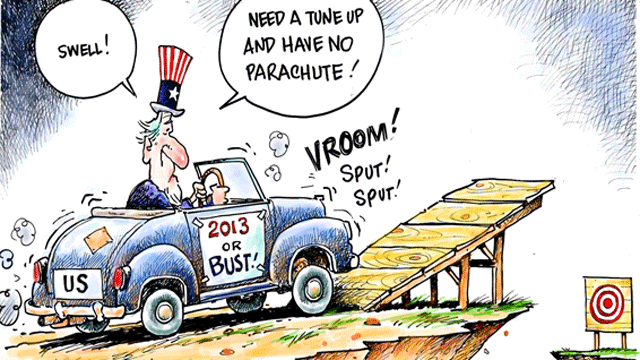
With the election over, the fiscal cliff is now the hot topic, but it’s a rather complicated creature. The term refers to the potentially catastrophic combination of tax increases and massive spending cuts set to automatically go into effect at midnight on December 31 as the Budget Control Act of 2011 goes into effect. This means more of your money going toward taxes, and far less government spending pouring into the economy. How did we get here? Can it be avoided? Why should you care? Let’s break it down further.
1. The “Fiscal Cliff” is a Frankenstorm
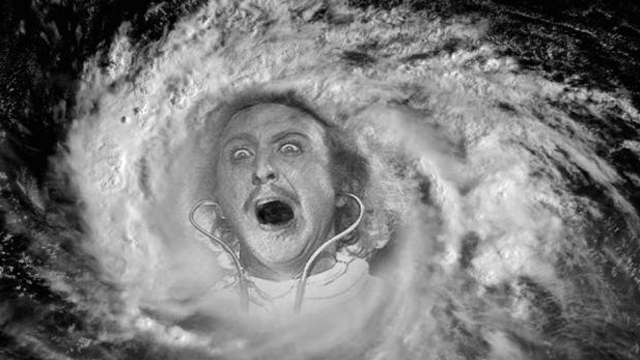
The fiscal cliff refers to major fiscal events that will happen simultaneously at the end of 2012 and the beginning of 2013, which include the expiration of the Bush tax cuts, the temporary payroll tax cuts (resulting in a 2 percent hike for workers) and many other tax-relief provisions (including relief for businesses) — along with the beginning of the tax increase from Obamacare. Higher taxes and less spending would reduce the deficit, but would also probably send our economy back into a recession, according to the Congressional Budget Office, lowering the GDP and raising unemployment.
2. The Government Painted Itself into a Corner
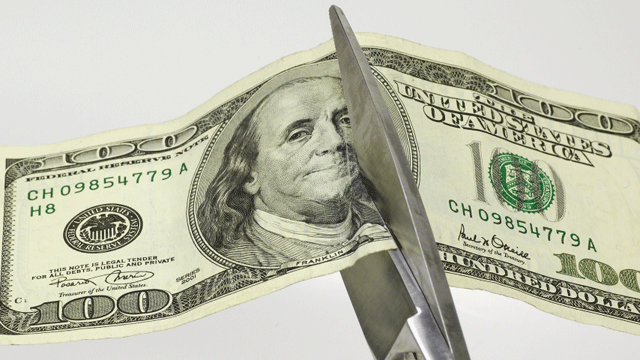
In 2011, The Budget Control Act was created to deal with the debt ceiling crisis, which created a committee to come up with a plan or else major cuts would take place across the board. The committee failed to reach an agreement, so without new legislation, there will be a $1.2 trillion cut to government programs, including defense and Medicare. Also, lawmakers will have to raise the debt ceiling yet again, likely leading to another Democrat vs. Republican Congress showdown.
3. The Term was Coined by Ben Bernanke
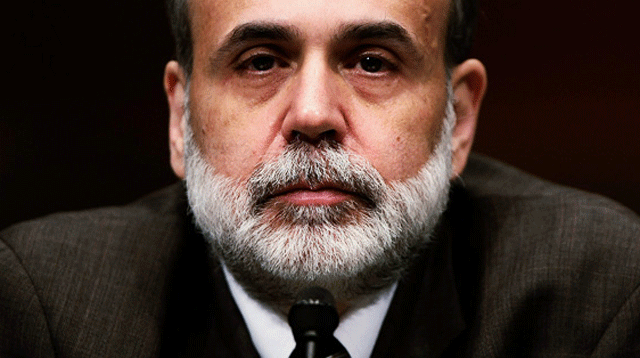
This bearded fellow is Ben Bernanke, the Federal Reserve Board Chairman. He used the phrase “fiscal cliff” to describe the potential consequences if these events are allowed to take place.
4. It’s More of a “Fiscal Slope,” Really
Most experts agree that a more accurate term would be a “fiscal hill” or “fiscal slope” as the effects would be felt more gradually as opposed to immediately.
5. There’s Good and Bad

If these tax increases and spending cuts all take place, the government would save almost $600 billion next year, but it would put a huge strain on the economy, hindering growth and possibly leading to another recession.
6. It’s a Stalemate
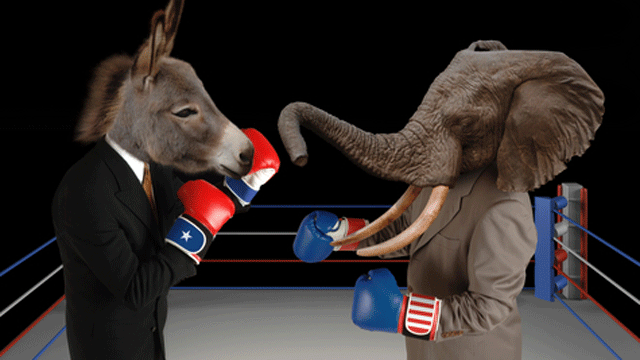
Political analysts predicted that nothing was going to happen between the 2012 election and the end of the year. Democrats are more concerned about the fallout that abrupt deficit reduction would create, favoring the theory that government spending stimulates the economy. Republicans are more hung up on deficit reduction, mostly by hindering the growth of domestic programs. They oppose cuts in defense spending and support extending tax cuts for all Americans, including the very rich.
7. Lawmakers Are Looking to Buy Themselves Some Time
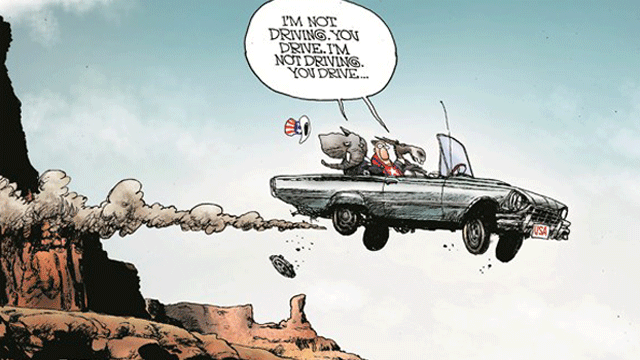
It is believed that Congress will take a middle of the road approach in order to avoid falling over the cliff: extending the Bush tax cuts and not going ahead with the spending cuts, resulting in minor growth and avoiding a huge economic hit. They’re pretty much just “kicking the can down the road.”
8. The Election Reinforced the Gridlock
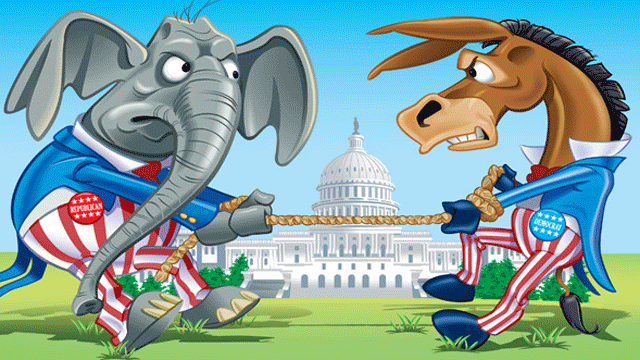
Obama feels bolstered by his election victory, and stands by his promise to to end the tax cuts for the wealthy imposed by George W. Bush. And while House Speaker John Boehner called for cooperation across party lines, Obama being a Democrat and having a Democratic run Senate alongside a Republican run House suggests that the same blockage to policy reform that existed the last two years could continue.
9. Current Economic Uncertainty is Making it Worse
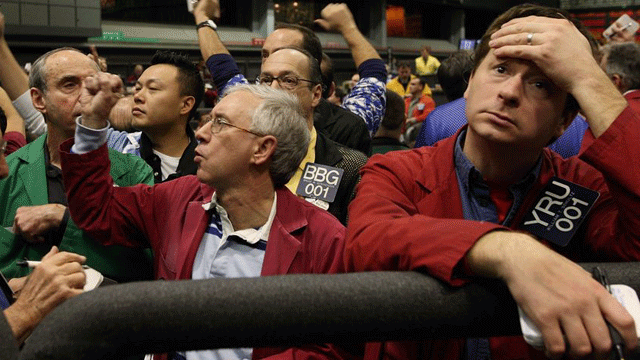
On Thursday, a rise in exports and a drop in jobless claims were reported, but instead of strengthening the market after drops on Wednesday, the uncertainty that surrounds the impending fiscal cliff worries investors and has led them to sell stocks that are open to higher taxes if no legislation is passed.
10. Some Predict New Harmony; Others Forecast Disaster
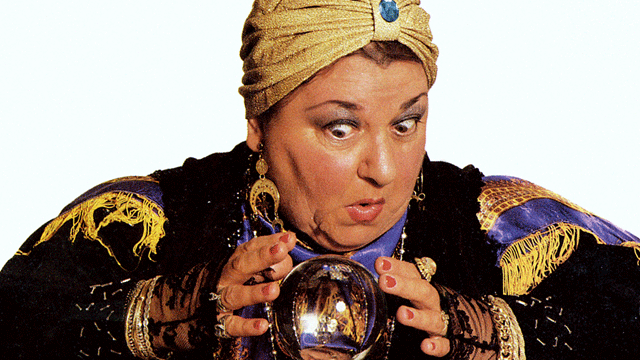
Despite the deep-seated disagreements that have plagued Congress lately, some experts think that everyone will put aside their squabbles and work together to avoid facing the blame if we go over the cliff. However, others think that the election only compounded the rift over taxes between the two sides and only a market crash or another debt ceiling crisis will force any real action to take place.